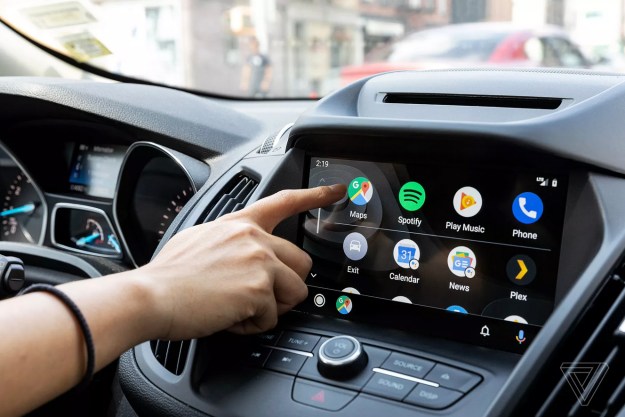A South Carolina-based start-up company named Zubie has introduced an innovative cloud-based software that integrates smartphones with a car’s on-board computer. The program was designed to allow motorists to easily keep an eye on their car’s health and their family’s safety.
The main components of Zubie are a small device that plugs into a car’s OBDII port (typically located under the dashboard) and a purpose-built app compatible with smartphones that run either iOS or Android. Zubie sends vital information such as the battery’s voltage directly to the car owner’s cell phone, and it is capable of reading error codes stored in the car’s ECU. Additionally, the application works with Edmunds to provide the average market value of select models.
Zubie can also be used to locate cars and family members in real-time. It gives a report card that rates each driver based on their driving habits, and it lists information such as how much time the car spends idling, speeding, braking and driving at night. The software keeps track of a driver’s trips, a function the company says is a must for parents and fleet operators, while providing accurate gas mileage information.
RELATED: Hands-on with GM’s in-car Wi-Fi
The device is compatible with most gasoline-powered U.S.-spec cars built since 1996. Whether or not the company plans on expanding the software to cover diesel-burning cars and trucks is not known.
For $100 a year, Zubie believes the technology packed in its little device can drastically change the way Americans drive.
“Zubie will help global consumers and fleet owners alike to make driving smarter, safer and more affordable,” predicts CEO Tim Kelly.
Other players in the booming connected car industry seem to agree. The company has raised approximately $18 million over the past few months thanks to deals inked with partners such as Castrol innoVentures, Comporium and Nokia Venture partners.
Editors' Recommendations
- Don’t let the gimmicks fool you. The Ioniq 5 N is a serious track car
- Your car insurance company knows more about you than you think
- Why your EV’s voltage matters, and what it means for your car’s charging speed
- Don’t let these hidden EV fees catch you off guard (or deter you)
- The best electric cars you can buy in 2023




